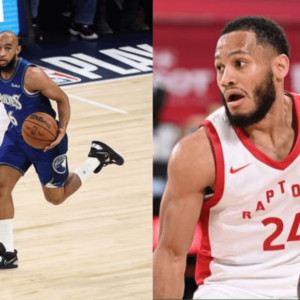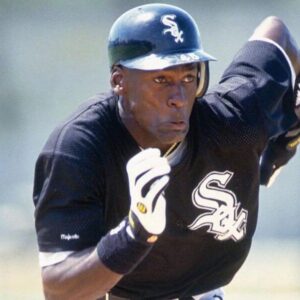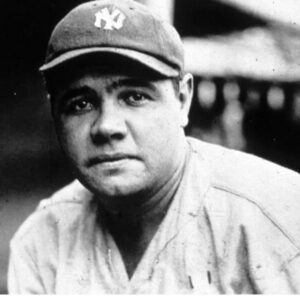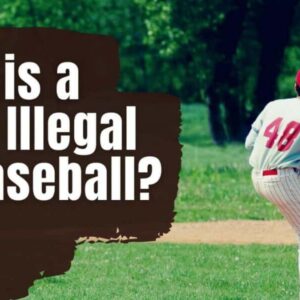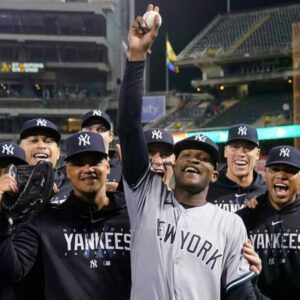Who owns liverpool ? Most football fans know Liverpool’s owner as John W. Henry, the American businessman, and his company FSG, or Fenway Sports Group.
However, they may not know much about the other business interests FSG holds, the other people involved in the company, or how FSG managed to buy Liverpool in the first place, after the fairly miserable ownership of George Gillett and Tom Hicks came to an end.
The previous owners, Hicks and Gillett, bought the club in 2007, valuing it at £218.9 million in the process. However, their ownership soon proved contentious. The pair found they had disagreements on what to do with the club, and fan sentiment quickly turned against the duo. This wasn’t helped by the leveraged nature of the takeover, saddling the club with the debt from the deal.
By 2010, it became apparent that Hicks and Gillett had no future on Merseyside, and the club was making heavy losses. Following an audit from KPMG, and legal action from the club’s creditors, the ownership duo were forced by a High Court judge to sell the football club. A deal was swiftly done with FSG, which valued the club at £300 million at the time.
FSG were then best known as the owners of the Boston Red Sox, who they bought in 2002. The Red Sox had been on a historic trophy drought that had lasted 86 years before they won the World Series in 2004. A period of sustained success followed for the professional baseball team.
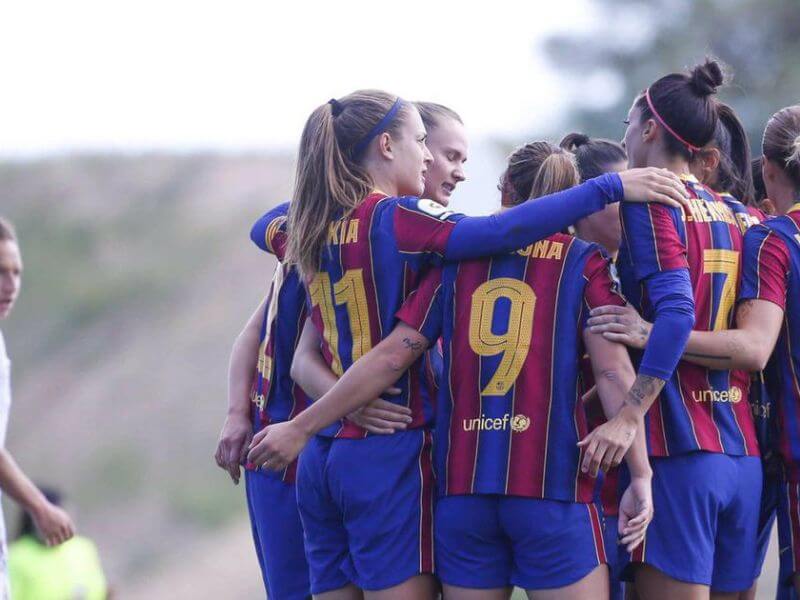
Who owns Liverpool?
Aside from their stake in Major League Baseball, FSG have other business interests, including a NASCAR team, a New England sports broadcasting network, and the NHL’s Pittsburgh Penguins. FSG is widely seen as one of the world’s most successful international sports conglomerates.
John W. Henry is the founder and largest shareholder, and is generally seen as the public face of FSG internationally. Henry made his money through his investment business, John W. Henry & Company, Inc. A keen sports fan, he looked to get involved in the business of professional sports when he made his fortune, and that led to him forming the company that would bid for the Boston Red Sox, and which would later go on to become FSG.
FSG’s chairman is Tom Werner, who owns the second-largest block of shares in the company. His background is in TV production. He bought MLB’s San Diego Padres in 1990 before teaming up with Henry for the Red Sox bid, and he has been the second largest shareholder since. As chairman of FSG, he also holds the position of chairman at Liverpool Football Club, as well as at the Red Sox.
The president of FSG is Michael Gordon. He had the third-largest shareholding until early 2021, when a New York private investment firm acquired a $750 million stake in FSG, and with it the third-largest shareholding in the company.
Is LeBron James a Liverpool owner?
As part of the aforementioned deal that saw RedBird Capital invest in FSG, NBA star LeBron James also gained a stake in the company.
James has had a part ownership in the club since 2011, when FSG first took over at Liverpool. He is said to be a Liverpool fan, and he had an ongoing relationship with FSG, which held his exclusive image rights as part of their portfolio.
Owing to that relationship, when FSG bought Liverpool FC, they agreed to give James a stake in the ownership of the club. That lasted for 10 years, until the RedBird Capital deal in March 2021. As part of the deal, the basketball legend became a part owner of FSG and its wider subsidiaries, such as the Red Sox.
How much did Liverpool cost? When did Fenway Sports Group buy Liverpool?
FSG paid £300 million ($476 million) to buy Liverpool from George Gillett and Tom Hicks, who had bought the football club just three years earlier, in 2007, for £218.9 million. However, their leveraged takeover didn’t work out, and it saw the club £350 million in the red, with the debt climbing as the club continued to hemorrhage losses.
KPMG, acting as auditor, highlighted the club’s perilous financial position, with the account released in May 2010. The club’s creditors, including the Royal Bank of Scotland, pressed forward with legal action to force the sale of the club, and improve the financial condition. A High Court judge found in favour of the club’s creditors, and the American duo were forced into selling the club.
From there, it was a relatively quick sale, and by mid-October FSG had taken control of the club. Forbes valued the club at $822 million that year, excluding debts, while Deloitte had Liverpool eighth in its regular Money League Rankings, which rank clubs globally based on annual revenue. Liverpool earned their ranking with a revenue of €225.3 million in the 2009/10 season.
Liverpool’s success on the pitch under FSG has been reflected on the balance book. The club’s valuation since 2010 has risen from $822 million to $2.183 billion. Liverpool’s annual revenue has also skyrocketed, double what it was in the 2009/10 season, as the club made €604 million in 2019, prior to the COVID-19 pandemic.
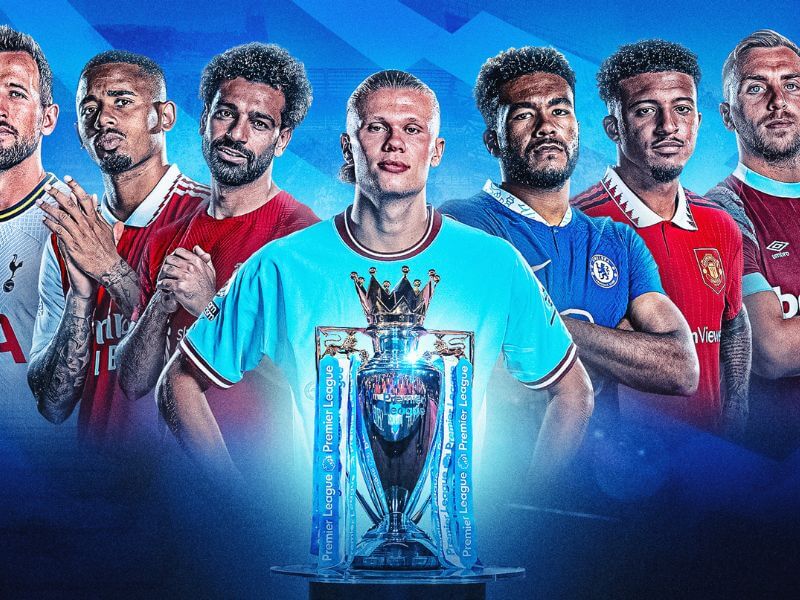
Trophies won under FSG
In the first full season of FSG ownership, Kenny Dalglish’s Liverpool won the League Cup, as well as reaching the FA Cup final, but they only managed to finish eighth in the league.
Brendan Rodgers joined in 2012, and although the 2012/13 season was underwhelming, the 2013/14 season saw Liverpool finish second in the league, as they pushed Man City all the way in the title race.
The 2014/15 season saw Rodgers fail to build on that success, reaching the semi-finals of both domestic cups, but only finishing sixth in the league, and disappointing in Europe. That was his last full season, as Jurgen Klopp replaced Rodgers in October 2015.
Liverpool again finished eighth, while reaching the final of the League Cup and the Europa League. The following season saw Liverpool finish in the top four, as well as reach the League Cup semifinal stage. Then 2017/18 marked further progress, with back-to-back top-four finishes, as the club also competed in the Champions League final, which they lost to Real Madrid.
They went one better the following season, winning the Champions League while also finishing second in the league, vying with Man City for the title.
The 2019/20 season saw Liverpool win their first league title of the Premier League era, while they also won the UEFA Super Cup and FIFA Club World Cup. However, they exited the Champions League at the Round of 16 stage.
The 2020/21 campaign was a down year, with the club finishing third in the league, and only reaching the Champions League quarterfinals.
Above is information who owns liverpool. Hopefully, through the above content, you have a more detailed understanding of who owns liverpool .Thank you for reading our post.
